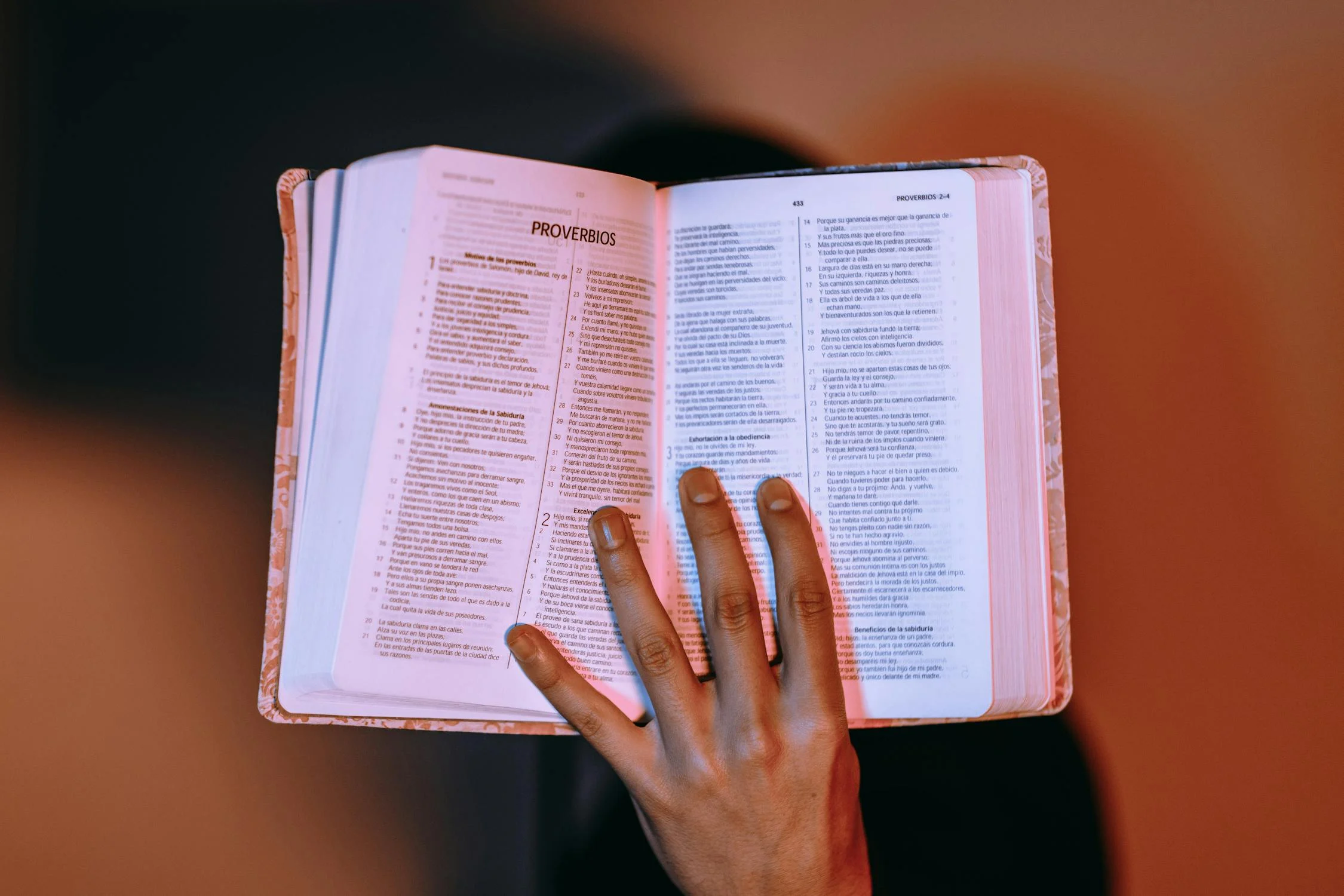The incident you’re referring to is found in the book of Judges, chapter 19. It narrates a grim story from a period when Israel had no king, and everyone did as they saw fit. This particular account tells of a Levite and his concubine who were traveling and sought refuge in the town of Gibeah, belonging to the tribe of Benjamin.
The men of the city surrounded the house where they were staying, demanding to have relations with the visiting Levite. The host, an old man, in an attempt to protect his guest, disgracefully offered his virgin daughter and the Levite’s concubine instead. Tragically, the men of the city did not accept his offer of his daughter but took the concubine, and she was abused throughout the night. She was found dead at the doorstep the following morning.
This story, marked by violence and moral failure, highlights the chaos and depravity that can ensue when society lacks spiritual and moral direction. It serves as a stark reminder of the importance of seeking and adhering to divine guidance and justice.
“Everyone did what was right in his own eyes” (Judges 21:25), summarizes the era, pointing to the dangers of moral relativism and the necessity for a standard of righteousness, which, according to the Bible, is found in God’s commandments and teachings.
The Bible, particularly in the Old Testament, often presents narratives without explicitly commenting on the morality of every action within those stories. Instead, it sometimes shows the consequences of actions and the broader context of God’s laws and commandments to illustrate what is considered righteous or sinful. Regarding the incident in Judges 19, while the text does not explicitly state the rape was bad in the narrative itself, the moral repugnance of the act is understood within the larger biblical context, which clearly condemns sexual immorality and violence.
Several points help us understand the Bible’s stance on such acts:
- Divine Laws Against Sexual Immorality: The Law given to Moses explicitly condemns sexual immorality, including rape. For example, Deuteronomy 22:25-27 outlines the seriousness of rape and prescribes severe consequences for such actions, indicating the act’s moral repugnance in God’s sight.
- The Value of Human Dignity: The Bible teaches that all people are made in the image of God (Genesis 1:27). Acts of violence and abuse, such as rape, degrade and violate this divine image, contradicting the inherent dignity God bestows upon every person.
- The Narrative’s Outcome and Reaction: The aftermath of the concubine’s rape and murder in Judges 19 led to a civil war within Israel, indicating the gravity of the crime and its impact on the community. The Levite’s actions in disseminating parts of her body to the tribes of Israel were a distress signal, showcasing the depth of depravity reached and calling for justice. This extreme response underscores the severity of the act and the need for societal repentance and change.
- Prophetic Calls for Justice and Righteousness: The prophets frequently called Israel to repentance, emphasizing justice, care for the vulnerable, and condemning acts of violence and oppression. This prophetic witness aligns with condemning rape and all forms of violence against individuals.
In summary, while the Bible may not comment directly on every individual’s actions within its narratives, it provides a comprehensive moral framework that clearly identifies acts of violence and sexual immorality, like rape, as sinful and contrary to God’s will for human behavior.





Leave a Reply